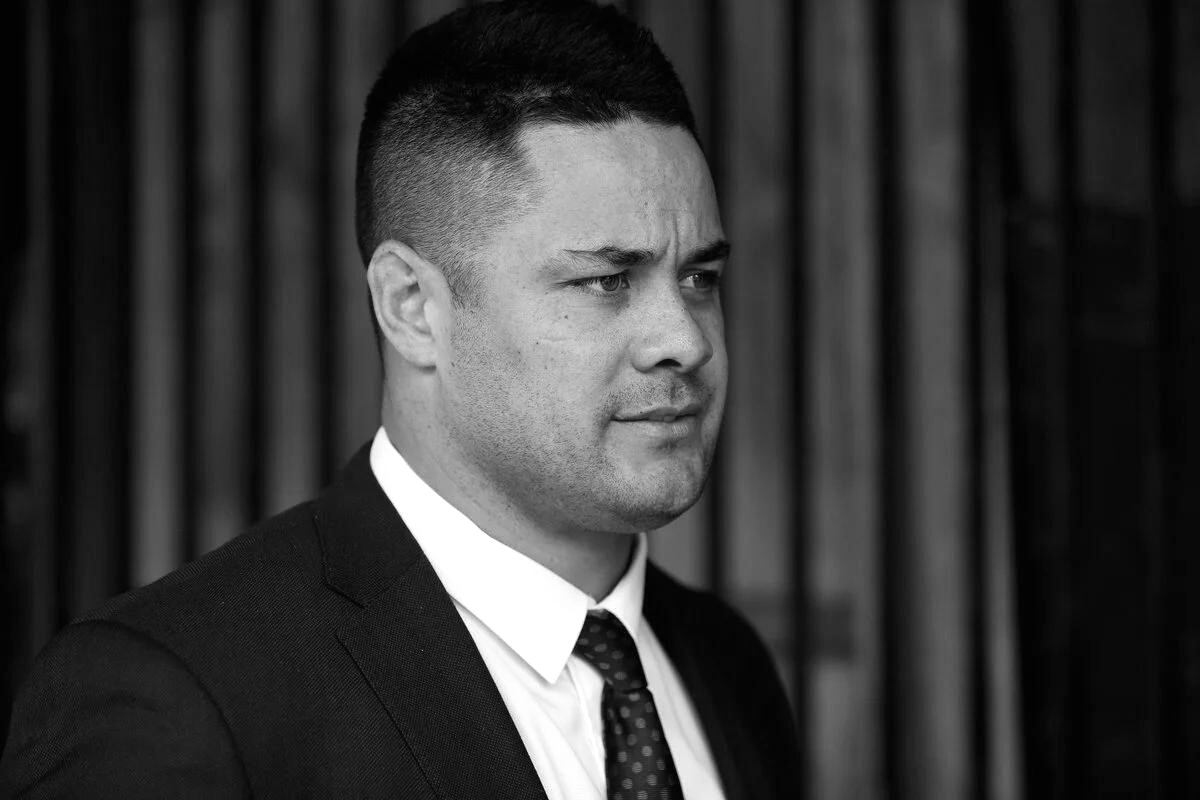
Content warning: This story includes descriptions of sexual assault that may be distressing to some readers.
When former NRL player Jarryd Hayne was found guilty of sexual assault after a third trial jury this week, it was a momentous day for the victim.
For years now, Hayne's words have been at the centre of this case. Now the victim-survivor's story finally has the space to be platformed.
It was alleged that in 2018 Hayne performed non-consensual sex acts on a woman, ending when she began to bleed. The jury of six men and six women returned a guilty verdict on both counts on Tuesday afternoon.
For the victim-survivor, the mental toll she's had to endure is unfathomable — a feeling so many who have had their assaults tried in a court of law can relate to.
But despite headlines, despite the vitriol, and despite the challenges victim-survivors face in our legal system, she persevered.
She told her story, saying she "felt sad and stupid for flirting with him at the start".
She spoke about what Hayne did to her, adding: "I didn't want to. He pushed my face down and pulled my clothes off and I'm not sure whether he bit me or cut me or whatever the hell he did, but I was saying 'Don't, no, I don't want to'. And then I was bleeding everywhere."
She said that in the aftermath of this whole ordeal, she felt "destroyed and damaged", saying "he would have the money to ruin me" and "the last thing I need is my life in the public eye".
It's what she ended with that were the most powerful words of them all: "But I'm still standing."
